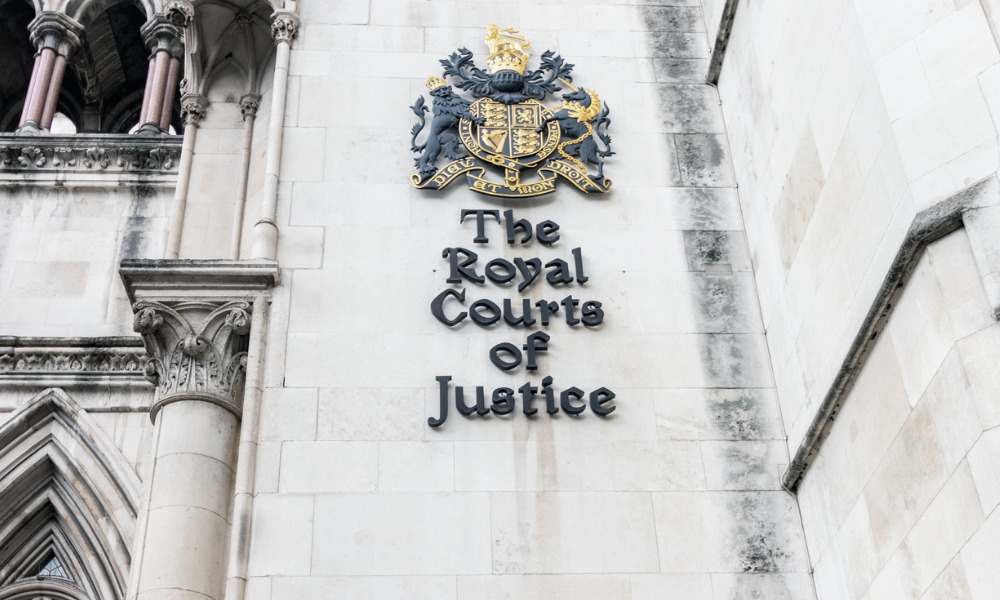
Some experts believe that the changes fall short of addressing critical issues of bias and racism

The UK judiciary has published a revised and more concise version of the Equal Treatment Bench Book, six months after the lady chief justice informed members of parliament about the ongoing refresh, The Law Society Gazette reported.
The new edition aims to be more user-friendly and focused, reflecting significant updates and improvements. However, some experts believe that the changes still fall short of addressing critical issues of bias and racism.
The latest edition marks the first major revision in three years. The previous interim version, published in 2023, comprised 571 pages, while the new edition has been reduced to 352 pages. Lady Justice King, chair of the Judicial College, stated that the "slimmed-down version is more focused, user-friendly and, therefore, more relevant."
Each chapter has been updated to incorporate changes in law, newspaper references, and new statistics from reliable sources. Outdated studies have been removed. Significant revisions have been made to chapters on sex (previously titled "gender"), racism, cultural/ethnic differences, antisemitism and Islamophobia, sexual orientation, social poverty, vulnerable witnesses, and trans people.
Despite these updates, Professor Eithne Quinn and Keir Monteith KC, lead authors of a 2022 report on racial bias and the bench, expressed concerns that the latest version does not fully address their recommendations. They had submitted a letter to the book's editors last year, suggesting various changes to better address racial bias.
Quinn noted that some improvements were made, such as the removal of two sentences that differentiated people based on race and ethnicity. However, she expressed disappointment that the revised bench book still falls short in its treatment of bias and racism.
"The revised bench book is, to a dismaying degree, similar to the previous iteration in its treatment of bias and racism," Quinn said in a statement. "The bench book still starts off with a statement about the basic inherent neutrality and fairness of most judges, rather than starting with an acknowledgment that we all possess biases and that judges need to be continually vigilant about their own in order to make sound decisions."
Quinn further criticized the book for not adequately recognizing anti-black racism, a term that does not appear in the text. "Chapter 8 deals with racism, and, as with the previous iteration, includes sections titled 'Anti-Muslim racism: Islamophobia,' 'Antisemitism,' and 'Gypsies, Roma and Travellers.' These titles remain strikingly discrepant from the main one dealing with racism towards black people, called 'Black perspectives.'"
She argued that the focus on perspectives implies that racism against black people is primarily a perceptual issue for judges to manage rather than a real issue in which judges risk being complicit. "This is especially unwarranted given the mountains of data about discrimination targeting black people within and beyond the legal system," Quinn added.